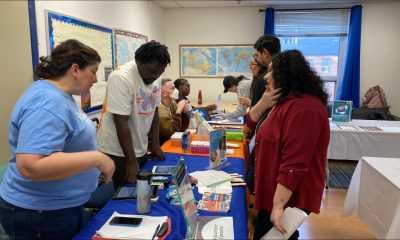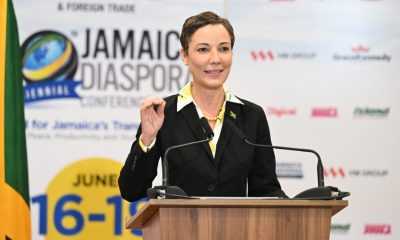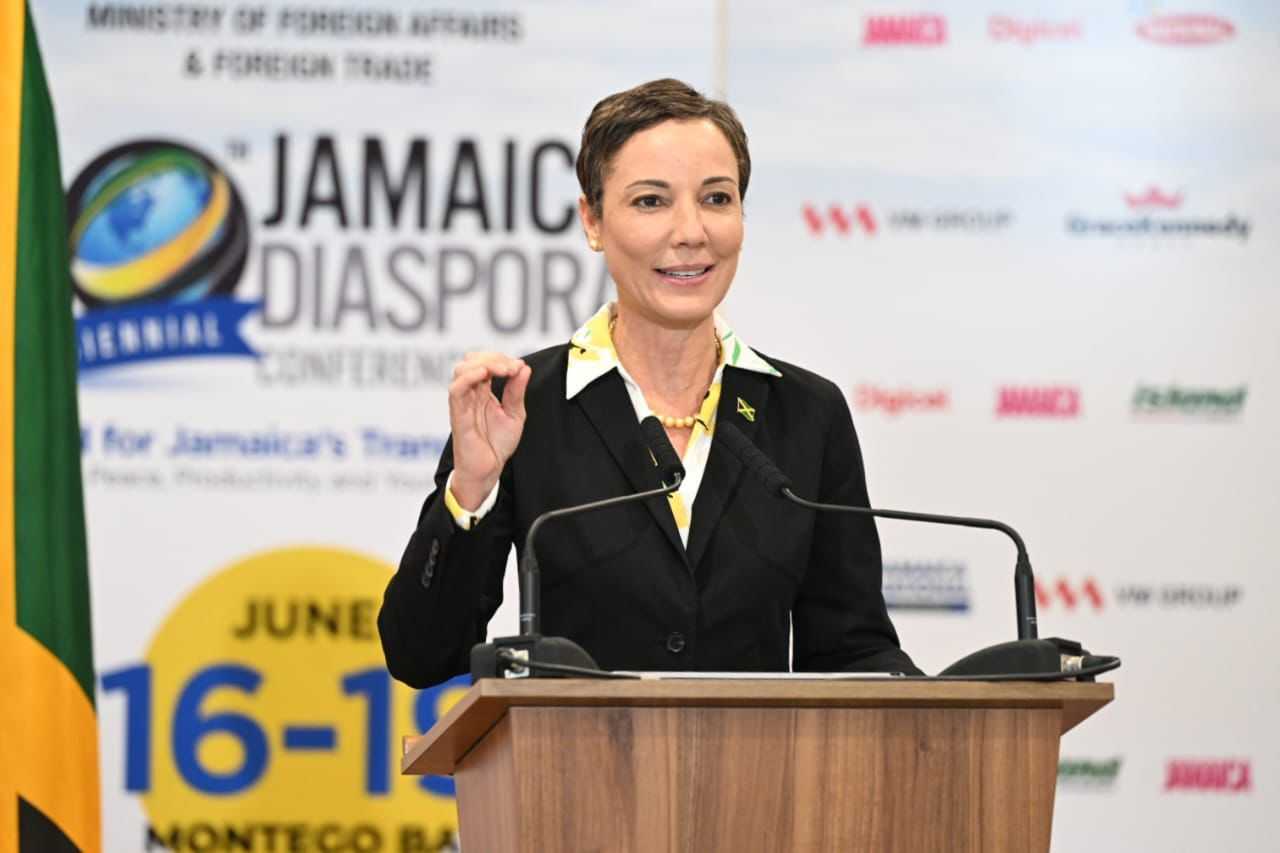BY SIMONE J. SMITH
Doctors across Canada are demanding the right to refuse in assisting their patients with their euthanasia requests. They do not want to be obligated to perform euthanasia if their patients request it. They want to be able to determine for themselves how, or if they want to cooperate with a patient’s wish to die, and if necessary they want to refuse.
Right now, many provinces in Canada have policies that can force doctors to violate their conscience by indirectly participating in medical assistance in dying (MAiD).
This terminology is new to me, so I decided to do a little more research on the actions that are being taken against this. What I learned is that certain forms of killing are legal in Canada, and for the last thirteen to fourteen years, it is commonplace in many countries around the world. The Netherlands became the first country to legalize euthanasia. Since then, the practice has become legal in Belgium, Luxembourg, Switzerland, and in five U.S states (Washington, Oregon, Vermont, Montana, and New Mexico.
In France, things are a little different. Doctors are permitted to “limit or stop any treatment that is not useful, is disproportionate or has no other object than to artificially prolong life, and to use pain-killing drugs that might as a side effect, shorten life. In Germany, doctors are able to provide patients with the drugs for a medicinal suicide but are not permitted to take any action in the actual suicide.
Currently, the policy in Ontario is that medical professionals who oppose MAiD have to provide an “effective referral” when a patient requests euthanasia. So, they might not be killing the patient directly, they still have to help the patient find somebody that will.
There is a similar policy in Manitoba stating that medical professionals need to give people resources with information about MAiD (such as a telephone number or a website). This means that medical professionals who are against killing those who they have sworn to care for, are being compelled to help people find doctors that will kill them.
These are the new radical changes Bill C-7 has brought to Canada’s laws around euthanasia, and Canadians are fighting for the government to recognize the conscience rights of medical professionals in Canada.
Due to Bill C-7, MAiD by advanced request is allowed, so people who are not competent enough to consent can now have medical assistance in dying. Bill C-7 also expanded euthanasia to people with mental illness (with an eighteen-month reprieve for the federal government to develop rules), so within eighteen months, doctors may be asked to euthanize people who are physically fine but mentally ill.
James Schadenberg and the entire CitizenGO Team are in support of MP Kelly Block, the sponsor of Bill C-268: An Act to amend the Criminal Code (intimidation of health care professionals) cited as the Protection of Freedom of Conscience Act. Some of the amendments have been noted below:
2 The portion of section 241.1 of the Criminal Code before the first definition is replaced by the following:
Definitions
241.1 The following definitions apply in this section and in sections 241.2 to 241.5.
3 The Act is amended by adding the following after section 241.4:
Offence and punishment
241.5 (1) Every person who, for the purpose of compelling a medical practitioner, nurse practitioner, pharmacist or other health care professional to take part, directly or indirectly, in the provision of medical assistance in dying, uses violence or threats of violence, coercion or any other form of intimidation, is guilty of:
(a) an indictable offence and liable to imprisonment for a term of not more than five years; or
(b) an offence punishable on summary conviction.
Offence and punishment
(2) Every person who refuses to employ, or dismisses from their employment, a medical practitioner, nurse practitioner, pharmacist or other health care professional for the reason only that they refuse to take part, directly or indirectly, in the provision of medical assistance in dying is guilty of
(a) an indictable offence and liable to imprisonment for a term of not more than five years; or
(b) an offence punishable on summary conviction.
The goal of Bill C-268 is to protect the conscience rights of medical professionals by preventing coercion and intimidation to participate in acts and protect employment for medical professionals who conscientiously object to certain acts.
This makes it an offence to dismiss from employment or to refuse to employ a medical practitioner, nurse practitioner, pharmacist or other health care professional for the reason only that they refuse to take part, directly or indirectly, in the provision of medical assistance in dying.
The Canadian Charter of Rights and Freedoms, Section 2(a) classifies conscience rights as a fundamental freedom. This freedom can be held against actions of all levels of government and are enforceable by the courts.
Despite this, medical professionals have been pressured to resign from their positions or have had to defend their right to be employed in their area of expertise, because they refuse to participate in an act or do an effective referral for acts that they oppose.
These doctors deserve to be able to follow their conscience fully. No doctor should be intimidated or coerced to participate in the killing of someone, nor should they be at risk of losing their job, even if the killing in question is legal.
Conscience rights are being violated, and medical professionals who may be against parts of Canada’s euthanasia law are being compelled to participate in acts that go against their morals. When we allow governments to ignore or undermine conscience rights, we allow governments to equate what’s moral to what’s legal. What we have in many parts of Canada is not a compromise, and this has been most notable during the current pandemic.


 Community News2 weeks ago
Community News2 weeks ago
 Community News1 week ago
Community News1 week ago
 Community News2 weeks ago
Community News2 weeks ago
 Community News2 weeks ago
Community News2 weeks ago
 Community News2 weeks ago
Community News2 weeks ago
 Community News2 weeks ago
Community News2 weeks ago
 Community News2 weeks ago
Community News2 weeks ago
 Community News5 days ago
Community News5 days ago






























